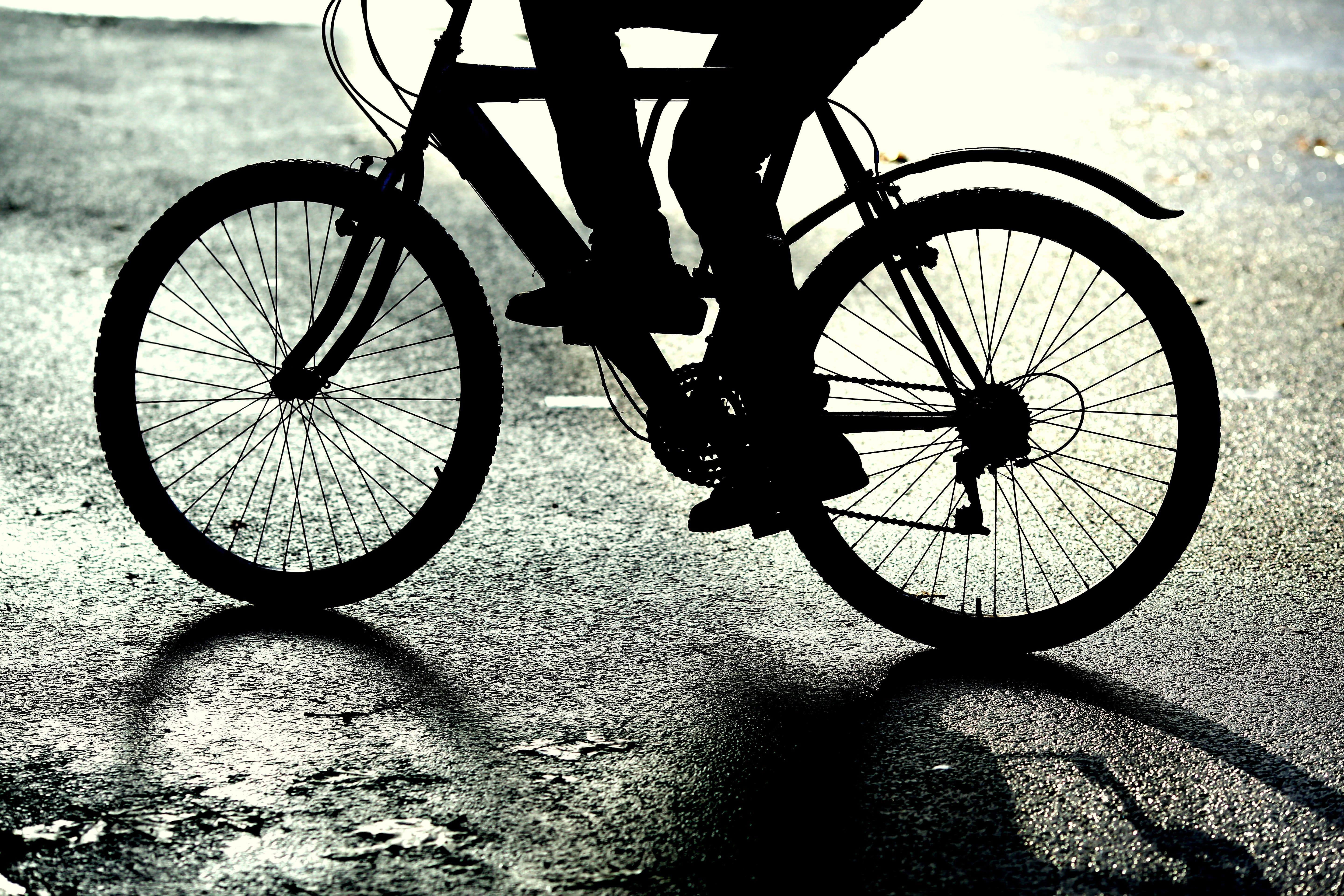‘Death by dangerous cycling’ offence backed by Commons
MPs voted in favour of an amendment to create new offences, including ‘causing death by dangerous cycling’.

Cyclists who cause death by dangerous cycling could face up to 14 years in prison after the House of Commons backed a proposed law change.
MPs voted in favour of an amendment to create three new offences, including “causing death by dangerous cycling”, “causing serious injury by dangerous cycling” and “causing death by careless or inconsiderate cycling”.
The plan, put forward by Sir Iain Duncan Smith (Chingford and Woodford Green), was supported by the Government and will form part of the Criminal Justice Bill, which is currently making its way through Parliament as it bids to become law.
The amendment, I believe, will achieve equal accountability, just as drivers are held accountable for dangerous driving that results in death, cyclists I think should face similar consequences for reckless behaviour that leads to fatalities
Conservative former leader Sir Iain told MPs that the new law is “urgent”.
He said: “This is not, as is often accused by people who say anything about it, anti-cycling. Quite the opposite, it’s about making sure this takes place in a safe and reasonable manner.”
Sir Iain made reference to Matthew Briggs, whose wife Kim died aged 44 after a cyclist collided with her in Old Street, east London.
The cyclist, who was riding a fixed-gear bike with no front brakes, was jailed for 18 months after he was found guilty at the Old Bailey of “wanton or furious driving”, using a law from 1861 – the Offences Against The Person Act.
Sir Iain said: “(Mr Briggs’) attempt to get a cyclist prosecuted after his wife was killed in central London in 2016 involved a legal process that was so convoluted and difficult even the presiding judge has said afterwards, since she’s retired, that this made a mockery and therefore it needed to be addressed, that the laws do not cover what happened to his wife and is happening to lots of other people.”
He also said: “The amendment, I believe, will achieve equal accountability, just as drivers are held accountable for dangerous driving that results in death, cyclists I think should face similar consequences for reckless behaviour that leads to fatalities.”
Transport Secretary Mark Harper, responding to the approval of the amendment, said in a statement: “Most cyclists, like most drivers, are responsible and considerate. But it’s only right that the tiny minority who recklessly disregard others face the full weight of the law for doing so.
“Just like car drivers who flout the law, we are backing this legislation introducing new offences around dangerous cycling. These new measures will help protect law-abiding cyclists, pedestrians and other road users, whilst ensuring justice is done.”
Dangerous cycling is already defined in the Road Traffic Act, which includes riding in a way which “falls far below what would be expected of a competent and careful cyclist” and which “would be obvious to a competent and careful cyclist that riding in that way would be dangerous”.
The proposed law would require cyclists to make sure their vehicle “is equipped and maintained” in a legal way, which includes keeping brakes in working order.
It would apply to incidents involving pedal cycles, e-bikes, e-scooters and e-unicycles.
Causing death or serious injury by dangerous, careless or inconsiderate driving are already offences, but the vehicle involved must be “mechanically propelled”.
Bookmark popover
Removed from bookmarks